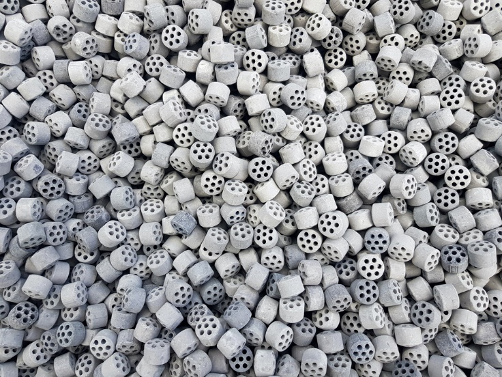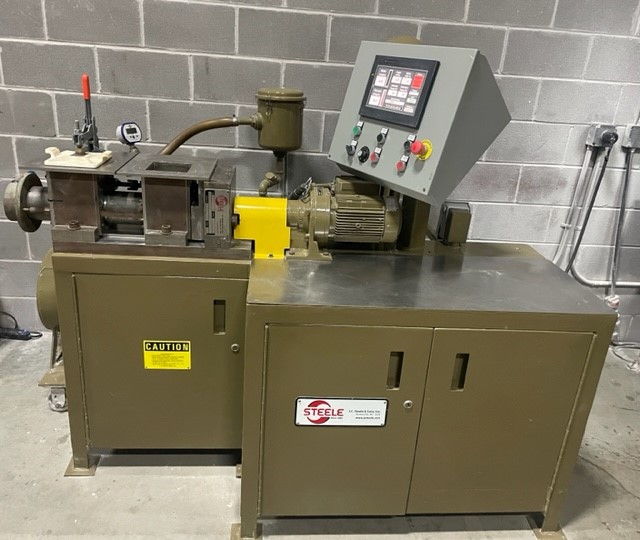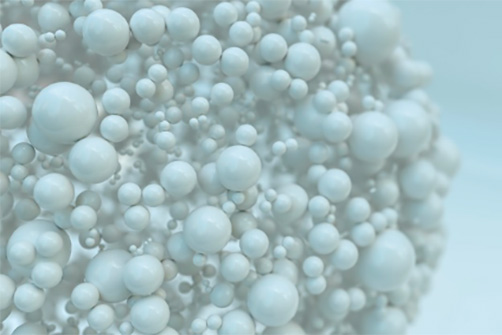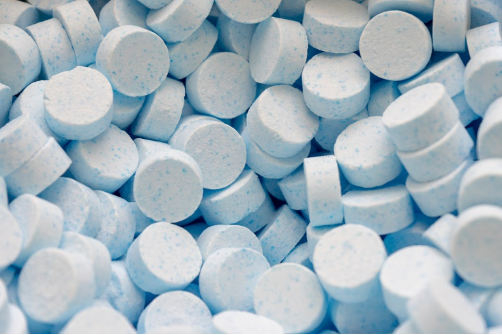Catalyst

IntoCeramics ceramic consulting, research and development, and innovation center supports ceramic catalyst products including FCCs (fluid cracking catalyst). With our vast knowledge of materials, forming, sintering, and testing we offer these services to our ceramic catalyst clients. Our forming methods are used in various ceramic catalyst development and production including Eirich granulation, fluid bed coating (spray drying) and extrusion. We have all these capabilities in our Innovation Center. With our years of experience developing ceramic products at desired porosity ranges we assist in product development and testing whether it be micro porosity, macro porosity, or meso porosity. Using analytical tools such as BET and mercury porosity we guide the successful development at the desire overall specifications.

Natural and synthesized mineral products-often aluminosilicates-can be used as both a catalyst itself and it can be infused with a catalyst to become a catalyst support.
High surface area and porosity are prized in both the catalyst and catalyst support.
Both natural and synthesized minerals most commonly need forming by methods in which the IntoCeramics team is well versed. These processing methods are all available in the IntoCeramics laboratories and can be utilized in processing a wide range of catalysts including aluminosilicate zeolite based FCC’s (Fluid Cracking Catalyst)
- Extrusion
- High-intensity Eirich granulation
- Low intensity
- Fluid bed forming
- Spray drying
Hard catalyst supports that can be exposed to high temperatures and thermal stresses are often well-sintered ceramics such as the cordierite support costed with platinum found in automotive catalytic converters. Other aluminosilicates are also common as are advanced ceramics such as high-purity titanium dioxide.
IntoCeramics is able to process ceramic and mineral-based catalyst supports in our Innovation Center and in addition to extensive forming capabilities offers
- Extensive material preparation
- Wet and dry grinding (size reduction)
- Wet and dry screening (size classification)
- Drying
- Sintering up to 1725 ℃ in air and inert atmosphere
With our years of experience developing ceramic products at desired porosity ranges we assist in product development and testing whether it be micro porosity, macro porosity, or meso porosity.
By the use of analytical tools such as BET Surface Area and mercury porosimetry we guide the successful development tot the desire overall specifications and can fully characterize the finished product.
We offer a full range of analytical testing including X-Ray Diffraction Mineralogy (XRD) X-Ray Fluorescence (XRF).

